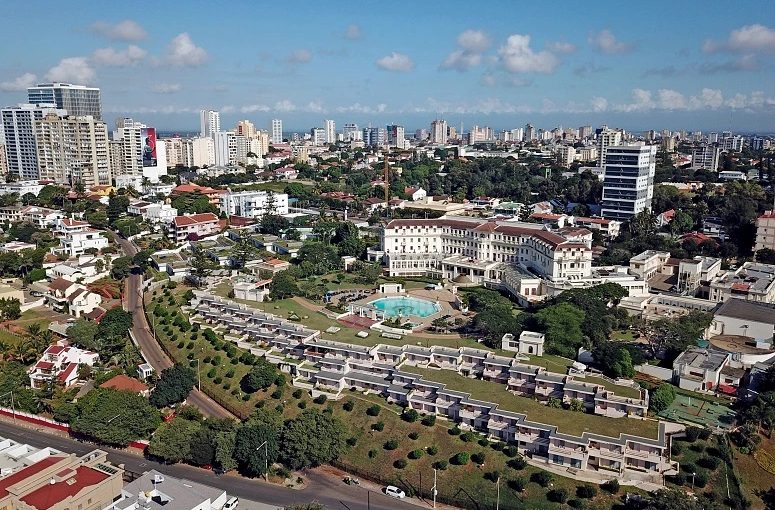Creation of the Mozambican currency symbolized rejection of "foreign domination" - President
Mozambique’s public debt grew by 5% in third quarter

File photo: Lusa
Mozambique’s public debt grew by 5% at the end of the third quarter of 2024, compared to the previous quarter, exceeding US$16.73 billion (€16.2 billion), according to official data.
According to the public debt bulletin released today by the Ministry of Finance, the volume of public debt grew by 50.84 billion meticais (€771.5 million) in three months.
The document justifies this increase with “the increase in domestic debt” by 28.935 billion meticais (€439 million), equivalent to an increase of 8%, “mainly justified by the issuance of short-term debt”, through treasury bills.
The public debt issued domestically amounted to 396.056 billion meticais (€6.006 billion) at the end of September, according to the bulletin.
The document adds that “contrary to the previous period”, external debt increased by 3.4% to 673,175 million meticais (€10,209 million) at the end of September.
“This increase was explained by the adjustment of data that occurred in September, in the migration from the old debt management system (CS-DRMS) to the current one (MERIDIAN),” the bulletin states.
On Saturday, Mozambique’s new finance minister, Carla Alexandra Loveira, admitted there was a need to restructure public debt, warning that the country lost almost €640 million in revenue as a result of the post-election demonstrations.
“One of the challenges we face, one of the main ones, is the management of public debt. The work we have to do is to reflect, to deeply restructure our debt, so that within that budgetary space we can ensure the payment of the debt, but also meet the current needs of the [state] budget,” said the minister after the inauguration of the new government in Maputo.
Carla Alexandra Loveira served as Deputy Minister of Economy and Finance in the previous election and was chosen by the new President of the Republic, Daniel Chapo, to take on the role of Minister of Finance.
The inauguration of the new government, whose prime minister is former judge, Minister of Justice and presidential advisor Maria Benvinda Levi, took place after almost three months of violent demonstrations contesting the process surrounding the general elections of October 9.
These protests, called by presidential candidate Venâncio Mondlane – who does not recognize the results, alleging “electoral fraud” – caused more than 300 deaths, with over 600 people shot, and degenerated into clashes with the police, violence and looting, pillaging and destruction of public and private infrastructure.
“The indicators from the end of last year, which were presented to us, show that in December alone there was a loss of around 14 billion meticais [€213 million] in revenue as a result of the protests. The entire year is expected to see a loss of revenue of around 42 billion meticais [€639 million]. Therefore, this loss of space ended up compromising last year’s financial year,” the new finance minister said on Saturday.
Mozambique entered the year under a ‘provisional twelfths’ budget system and only expects to approve the new state budget by April.
Carla Alexandra Loveira argued that it is necessary to increase economic growth in 2025. Projections for 2024 had estimated growth at 5%, but this is expected to be revised downwards due to the tensions and post-election standstills.
“We want the entire economic recovery to happen in this financial year, so that there is capacity, availability, recovery, economic stability, so that economic activity can happen and also the returns from the raising of resources by the private sector can benefit the state budget. Therefore, in this way we can ensure that the priority sectors are covered. That is our challenge,” Minister Carla Louveira said.












Leave a Reply
Be the First to Comment!
You must be logged in to post a comment.
You must be logged in to post a comment.